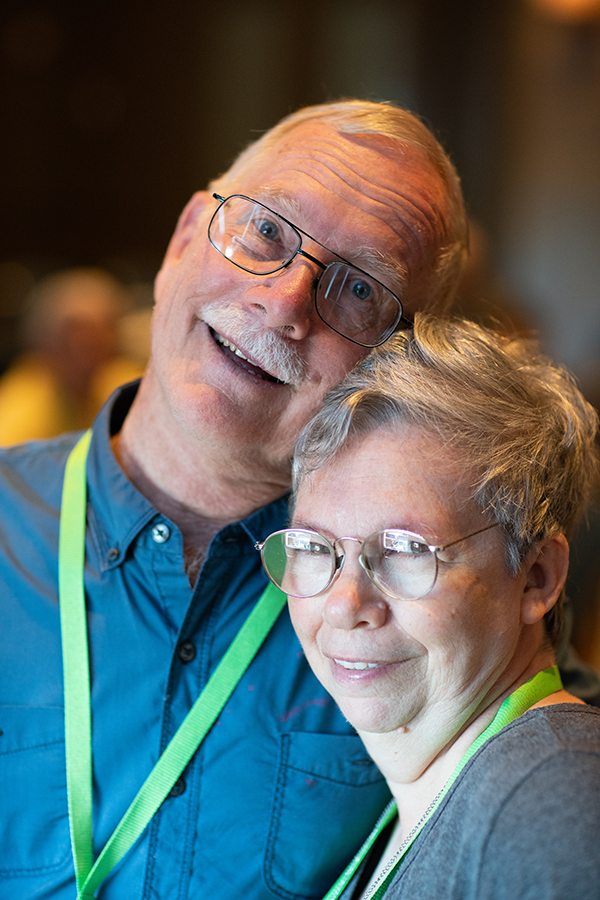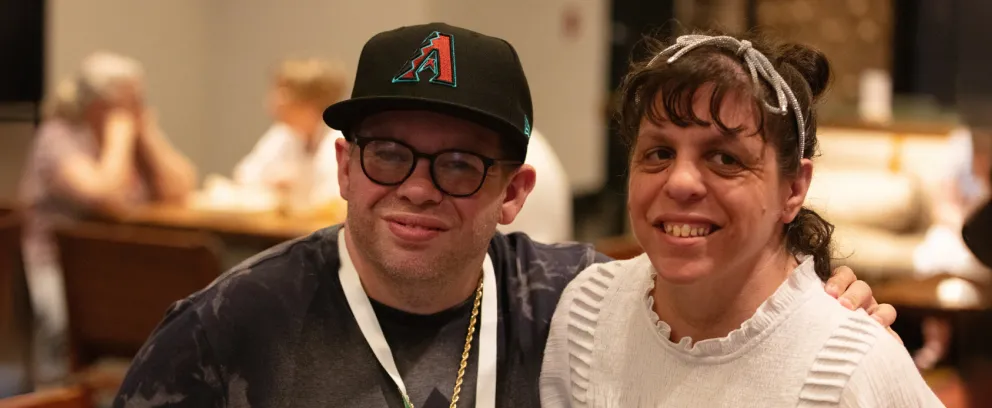 Adult life can open new horizons and new opportunities for growth. Leaving high school does not signal an end to learning. Many young adults with Williams syndrome are entering post-secondary programs - both academic and life skills oriented, and many express a desire to live and work outside their parent's home.
Adult life can open new horizons and new opportunities for growth. Leaving high school does not signal an end to learning. Many young adults with Williams syndrome are entering post-secondary programs - both academic and life skills oriented, and many express a desire to live and work outside their parent's home.
As parents or guardians, we are faced with the challenge of helping our adult children realize their dreams - a challenge with very sweet rewards when we see our children, happily living on their own and maintaining full or part-time employment in a job they enjoy.
In order to successfully meet the challenge, arrangements (through the school system or private agencies) for vocational assessments, work experiences, and government support (through SSI, Vocational Rehab Agencies, Developmental Disabilities Councils, etc) must be made. If your child wishes to continue in a post-secondary program and/or live outside your home, be sure to research the many types of available options. This can be a lengthy process - we suggest beginning your research as early as possible - especially for independent living options such as supported living, group homes, adult foster care, private residential programs or even homeownership.
Medical vigilance must also continue. Adulthood for those with WS is not without health concerns - both new and pre-existing.
There is much to do, but it is not necessary to embark on these challenges alone or without support.
Learn more about the topics below.


 Adult life can open new horizons and new opportunities for growth. Leaving high school does not signal an end to learning. Many young adults with Williams syndrome are entering post-secondary programs - both academic and life skills oriented, and many express a desire to live and work outside their parent's home.
Adult life can open new horizons and new opportunities for growth. Leaving high school does not signal an end to learning. Many young adults with Williams syndrome are entering post-secondary programs - both academic and life skills oriented, and many express a desire to live and work outside their parent's home.